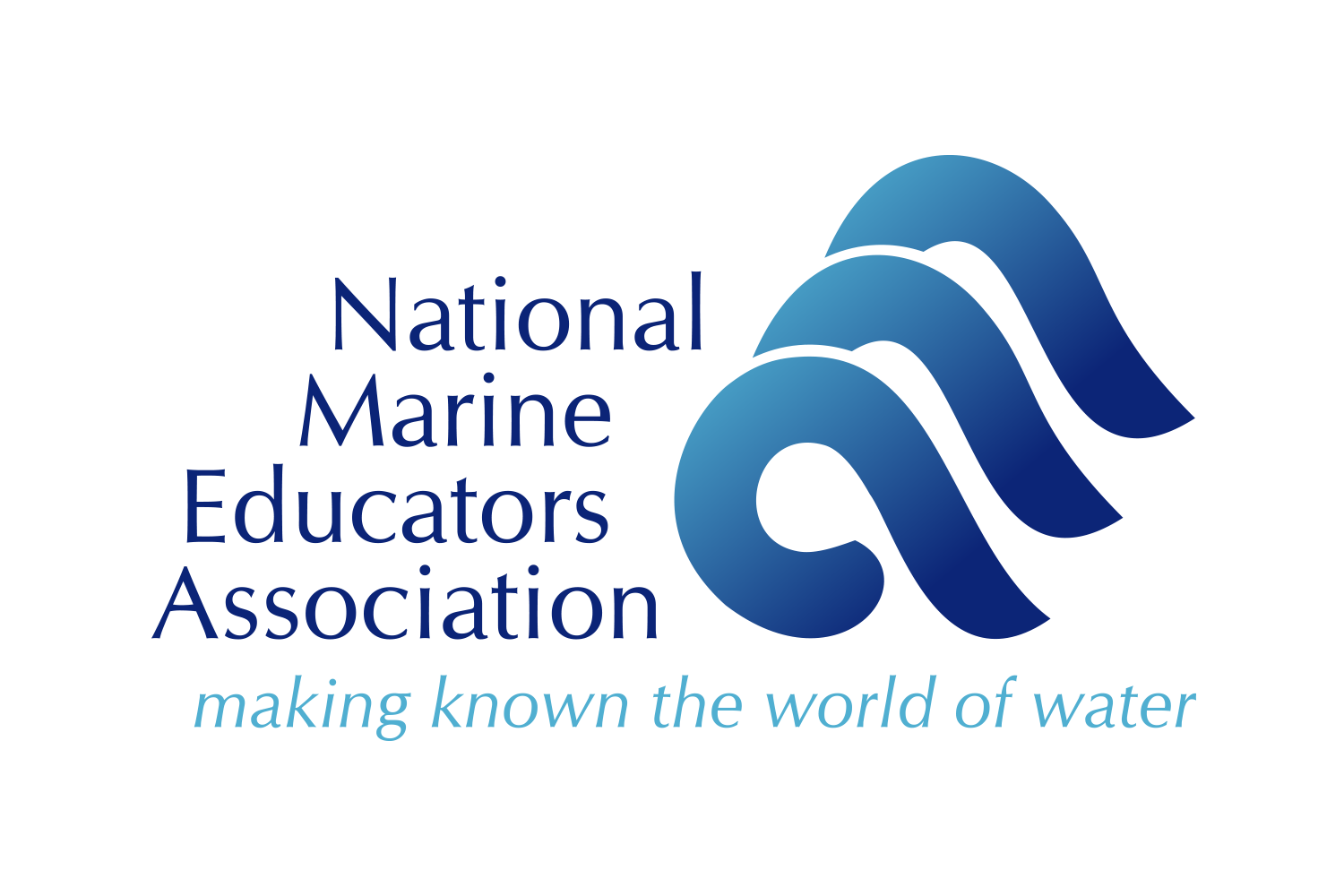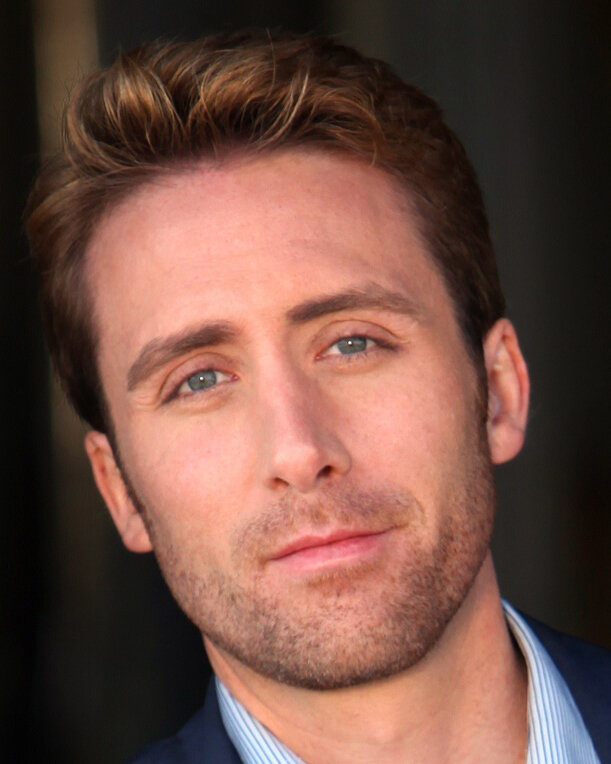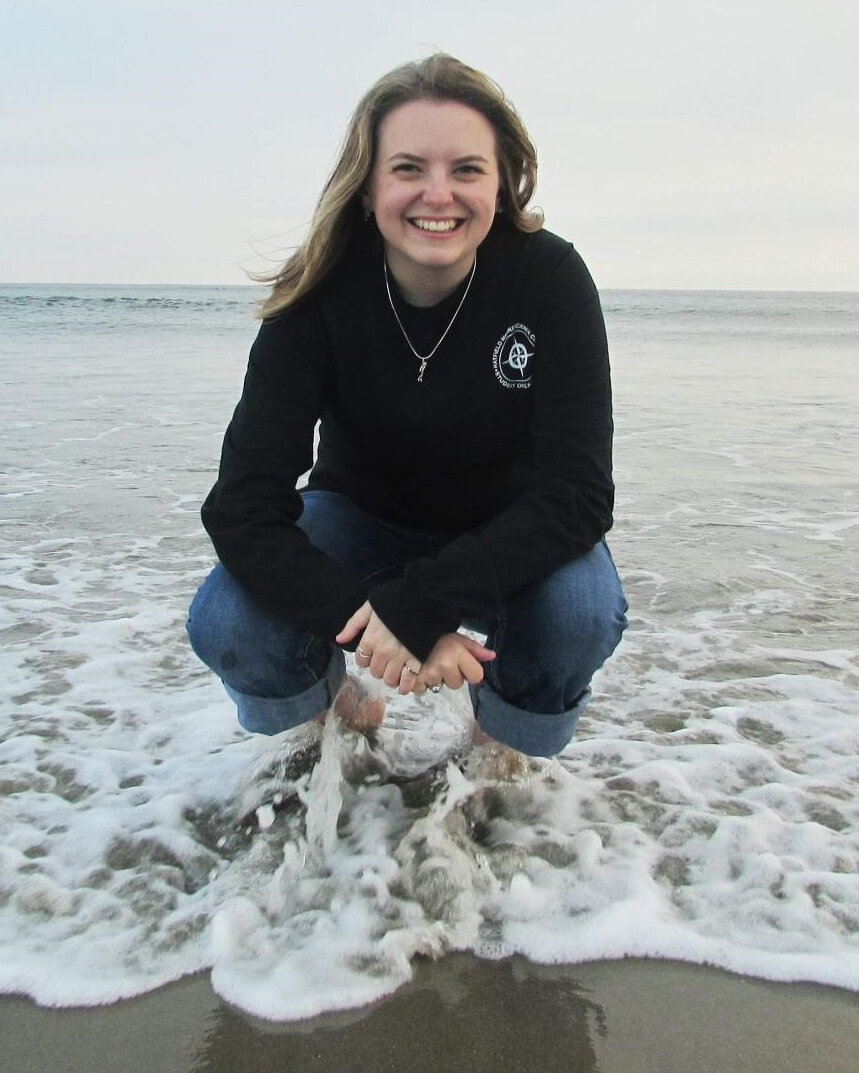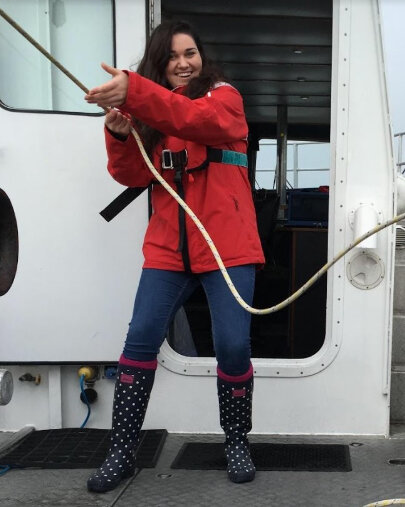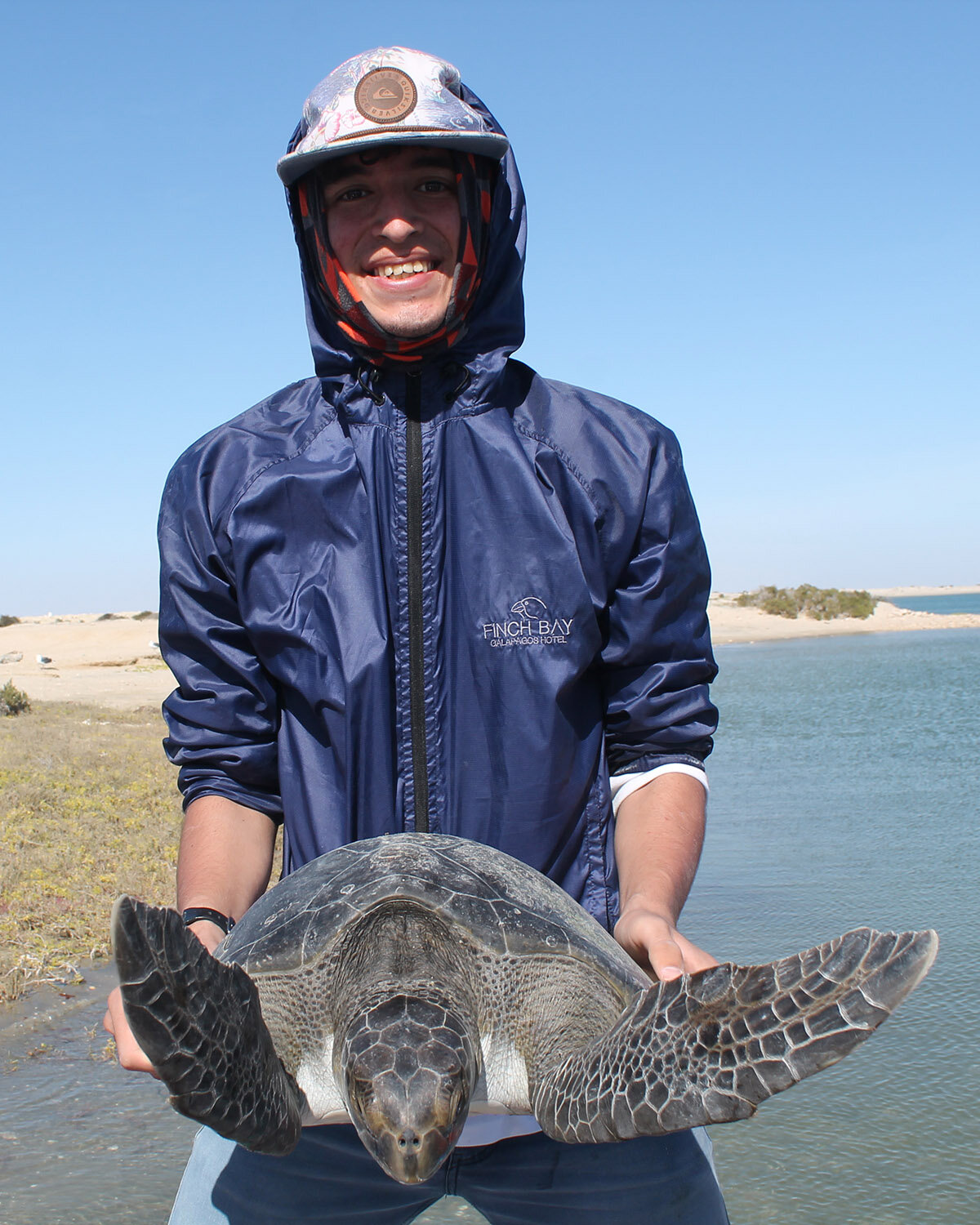July 15, 2021 • 2:00-5:00pm EDT / 11:00am -2:00pm PDT / 8:00-11:00am HST
NMEA 2021 Conference Plenary
Connected for Conservation—Youth-Led Action to Protect our Ocean Planet
Around the world, young people are driving a movement to create an ocean literate society and protect 30% of the ocean by 2030. Join explorer, film-maker, author, and the founder of EarthEcho International, Philippe Cousteau, and a global panel of EarthEcho’s youth leaders, for an inspiring conversation on youth-led action to restore and protect our ocean planet.
Speakers:
Student Conference Welcome—Transition from the Main NMEA Conference to the Student-Only Conference
Career Panel
Nichola Clark, Officer, Protecting Ocean Life on the High Seas, Pew Charitable Trusts
Nichola A. Clark is an Officer on the Protecting Ocean Life on the High Seas team at the Pew Charitable Trusts, where she follows the negotiations for the new high seas treaty. Nichola is also a PhD candidate at the University of Wollongong’s Australian National Centre for Ocean Resources and Security (ANCORS) where her research focuses on area-based management tools and institutional arrangements for the BBNJ agreement. She is particularly interested in thinking about how the BBNJ Agreement will interact with existing regional and sectoral organizations without ‘undermining’ them. Nichola is also a member of the sixth cohort of Homeward Bound, a global leadership program for women in STEMM.
Prior to ANCORS and Pew, Nichola worked on international fisheries issues at the National Oceanic and Atmospheric Administration (NOAA) and also on deep-sea and high-seas research at the Institute for Advanced Sustainability Studies. She received her Masters degree in Environmental Management from Duke University.
Jennie Janssen, Assistant Curator of Blue Wonders, National Aquarium and AZA SAFE Chondrichthyan Census Leader
Jennie Janssen is an Assistant Curator at the National Aquarium overseeing the aquarium’s jellyfish and sharks. She started as a research intern at Tennessee Aquarium, earned a master’s degree in biology, became an Aquarist at Ripley’s Aquarium of the Smokies, and later a Senior Aquarist at Georgia Aquarium caring for their whale sharks and jellyfish. Jennie has joined Secore International raising endangered corals in Mexico, studied invasive corals in Florida, and participated in many shark tagging projects. She loves doing research, leads the International Census of Chondrichthyans in Human Care, and is a co-founder of Minorities in Aquarium and Zoo Science.
Dr. George Matsumoto, Senior Education and Research Specialist, Monterey Bay Aquarium Research Institute
Dr. George Matsumoto is a third generation Asian-American born and raised in California. He went to the University of California Berkeley for undergraduate work in Marine Botany and UCLA for graduate work in Marine Biology/Functional Morphology. His academic career also included stints at the Catalina Island Marine Institute and with the Student Conservation Association. George worked for the Monterey Bay Aquarium and the Monterey Bay Aquarium Research Institute (MBARI) and did a short post-doctoral fellowship at Hopkins Marine Station (Stanford University) before heading to South Australia as a tenure-track marine biology lecturer at the Flinders University of South Australia. He returned to MBARI in 1996 where he has been ever since straddling the line between education and research with a research focus on gelatinous zooplankton, mostly ctenophores. George has a lovely and supportive wife and two sons (both graduated from college now), and he loves what he does.
John Scott, Wild Animal Keeper—Sea Cliffs, New York Aquarium
Born and raised in Connecticut, John's passion for wildlife has existed from a very young age. After graduating from Fordham University with degrees in Environmental Studies and Political Science, John attended Miami University in Ohio and graduated with a Masters in Biology in December 2019. He previously worked for Connecticut's Beardsley Zoo, the Bronx Zoo, Natural Encounters Inc. and Central Park Zoo before joining the birds and mammals team at the New York Aquarium.
Student Speakers
Angela, High School Student, New York
Remote Sensing and Ocean Color: Applications of Satellite Imagery in Marine Water Quality and Ecosystem Health
Collecting water quality can be expensive because of the cost of maintaining and repairing equipment. In communities that do not have access to this equipment or do not have the resources to fund a team to conduct this monitoring frequently, remote sensing is a good method to monitor their water quality. Remote sensing techniques make it possible to monitor and identify large regions and bodies of water (oceans, lakes, etc.) that suffer from water quality issues in an effective and efficient manner. My research specifically works on overcoming limitations of remote sensing - notably, looking at relationships between water quality parameters that can be remotely sensed and those that cannot. This presentation will cover research findings (and future research), explain general applications of ocean color satellite imagery in monitoring different parameters and contaminants in ocean ecosystems, talk about more general satellite applications (shoreline monitoring), and elaborate on how young scientists can get involved with scientific research.
Emma, High School Student, Massachusetts
Pollution and Ways to Prevent It
Pollution is a huge problem in our environment, especially in the ocean. This presentation will cover how awful pollution is and what it can do to the planet (more specifically the ocean). It will conclude with what should be done about it and personal actions that the presenter is going to make.
Cayla, Undergraduate Student, New York
The Effect of Temperature, Depth, and Micro Plastic in Sand on Sea Turtle Hatch and Emergence Success on Southeast Florida Beaches
Even though sea turtles play a very crucial role in maintaining aquatic ecosystems, the survival rate of sea turtles is less than 1%. There are a variety of variables that could be affecting the hatch success (HS) and emergence success (ES) of sea turtles, specifically Loggerhead sea turtles (Caretta caretta), such as depth, climate variables (temperature), or percentage of micro plastics in the sand. We applied three data loggers into three different Loggerhead nests. We also monitored the hatchlings and emergence success of each nest. We will share the results of the loggers and monitoring. After analyzing our data, we can hopefully improve the hatchlings chances to get to the ocean successfully.
Nicolette and Catherine, High School Students, Massachusetts
Observational Study on the Effects of Light and Water Quality on Oyster Growth
Oysters are a keystone species in our environment. Oysters help us out, and sometimes we do things that make it difficult for oysters to survive. We will look at the water quality in the Massachusetts Oyster Project upweller. There was a sudden drop in oyster growth we measured, and hemostatic neoplasia. What could have caused it, and what can we do about it?
Sierra, High School Student, California
Ocean Trash Trends
Over the last few years we have been going to the same boat landings and picking up the trash around the area. After we are done collecting we sort, count, and record the types and amount of trash we found. Since we have been doing this for a while we have time series data. What are the trends in what we find, and what can we do about it?
Jackson and Tim, Middle School Students, Massachusetts
We Should Do Our Part
Personal actions make a difference. What do you do for your part to save the planet? One easy solution is to use a reusable water bottle. We would like to emphasize the importance of reducing single use plastic. We have plans to have a water filling station installed in our neighborhood. We are looking forward to helping people learn new habits.
Networking—Connect with other students from around the world to share ideas about ocean conservation.
Questions
Register now using the link at the top of the page. If you have any questions about the student conference, please send a message to students@marine-ed.org.
